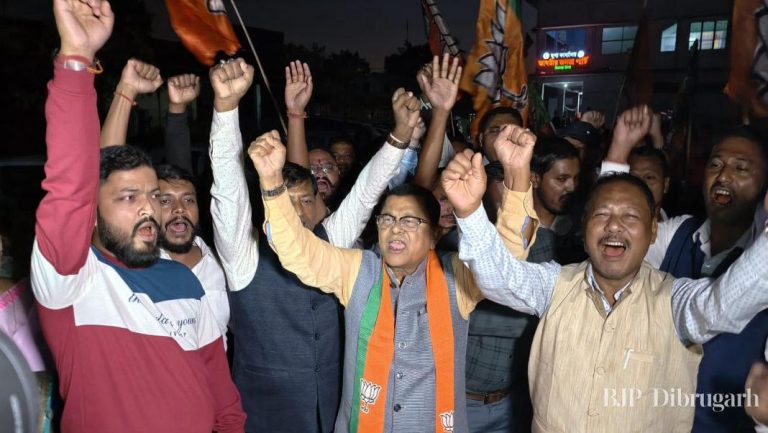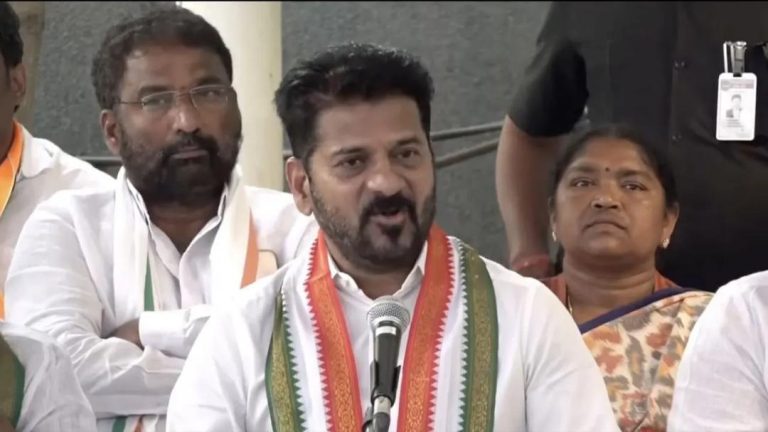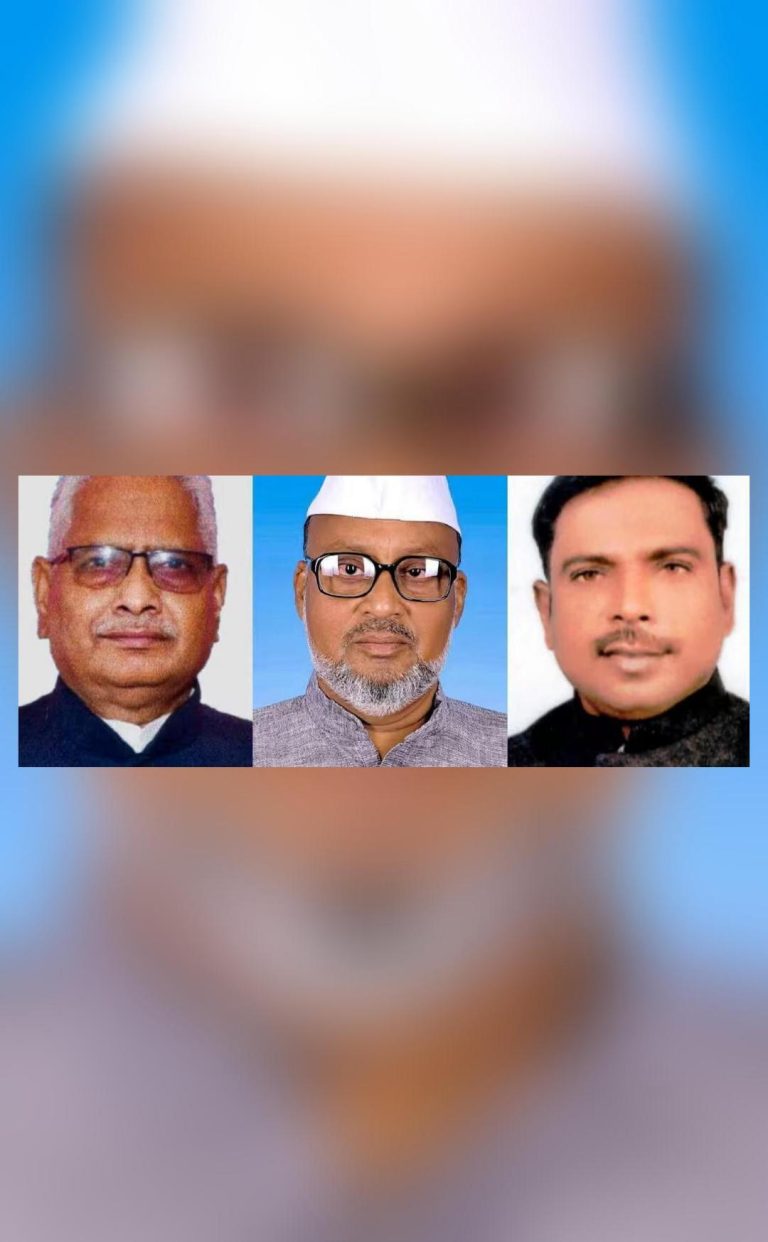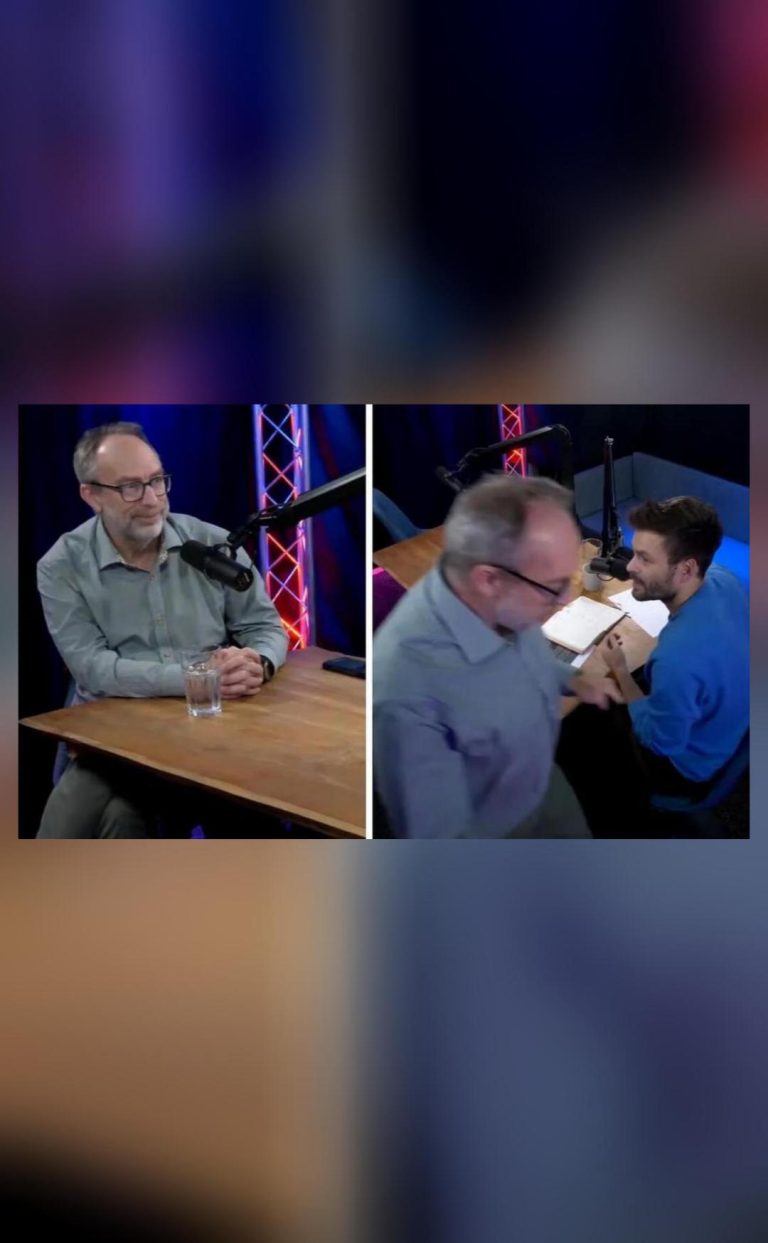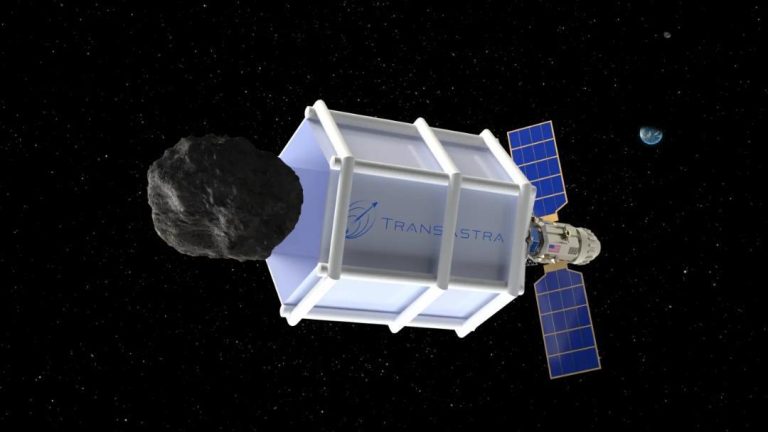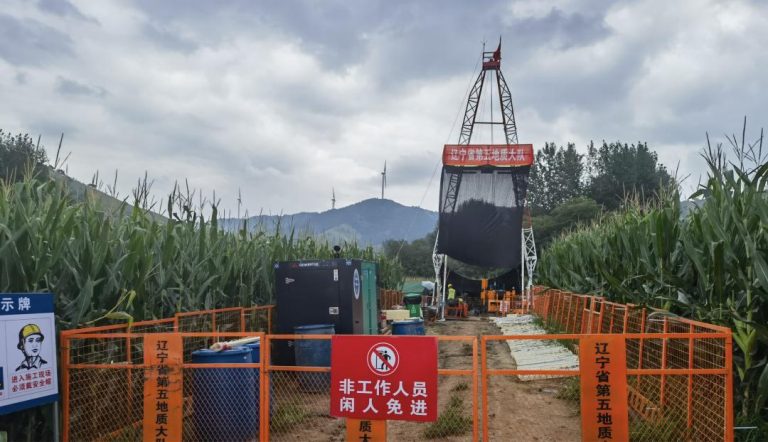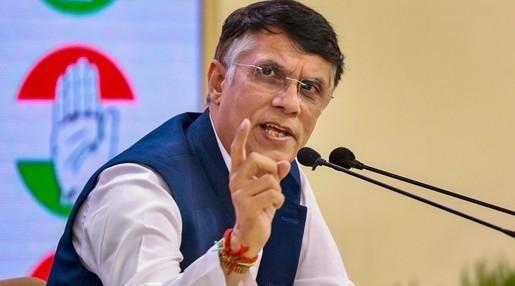
Why hasn’t PM Modi rejected Trump’s ceasefire claim: Congress
The diplomatic tussle between India and the United States has taken a new turn, with Congress leader Pawan Khera questioning Prime Minister Narendra Modi’s silence over US President Donald Trump’s repeated claims of brokering a ceasefire between India and Pakistan. The issue has sparked a heated debate, with many wondering why PM Modi has not spoken out against Trump’s claims, despite repeatedly denying any involvement in resolving the Kashmir issue.
Trump’s latest claim of brokering a ceasefire between India and Pakistan came during a recent meeting with Pakistani Prime Minister Imran Khan, where he said, “I’ve done a lot for India, and I’ve done a lot for Pakistan. And I’ve done a lot for you, and I’ve done a lot for the region.” This is not the first time Trump has made such a claim, with the Indian government consistently denying any involvement in resolving the Kashmir issue.
Khera, in a series of tweets, asked why PM Modi has not rejected Trump’s claim, even once, despite the repeated denials. “This is the 8th time President Trump has made this claim that he got Operation Sindoor stopped,” Khera wrote on X. “What does PM Modi’s silence mean?”
Khera’s question is valid, given the Indian government’s consistent stance on the issue. In the past, government officials have repeatedly denied any involvement in resolving the Kashmir issue, and have instead emphasized the need for Pakistan to take concrete actions against terrorism. So, why the silence from PM Modi?
One possible explanation is that PM Modi may be trying to maintain a good relationship with Trump, despite their differing views on the Kashmir issue. Trump has been a vocal supporter of India, and has taken a tough stance on Pakistan, which has led to increased tensions between the two countries. By not rejecting Trump’s claim, PM Modi may be trying to avoid any perceived criticism from the US administration, while also maintaining his government’s stance on the issue.
Another possible explanation is that PM Modi may be trying to avoid a diplomatic row with the US. The US has been a major partner for India, and the two countries have a strong relationship in areas such as defense, trade, and technology. By not rejecting Trump’s claim, PM Modi may be trying to avoid any perceived criticism from the US administration, while also maintaining a good relationship with Trump.
However, Khera’s question still remains unanswered. Why has PM Modi not spoken out against Trump’s claims, despite the repeated denials? Has PM Modi compromised his government’s stance on the issue in order to maintain a good relationship with Trump? These are questions that need to be answered, and the Indian government needs to be transparent about its dealings with the US administration.
The silence from PM Modi’s side is also puzzling given the sharp criticism that the Indian government has faced over its handling of the Kashmir issue. The government’s decision to revoke Article 370 and scrap the special status of Jammu and Kashmir has been widely criticized, both domestically and internationally. In this context, PM Modi’s silence over Trump’s claims may be seen as a further example of the government’s lack of transparency and accountability.
In conclusion, the silence from PM Modi’s side over Trump’s claims of brokering a ceasefire between India and Pakistan is puzzling and raises many questions. While the Indian government’s consistent stance on the issue has been that it is not involved in resolving the Kashmir issue, PM Modi’s silence over Trump’s claims suggests that there may be more to the story than meets the eye. The Indian government needs to be transparent about its dealings with the US administration, and PM Modi needs to speak out against Trump’s claims and clarify the government’s stance on the issue.
